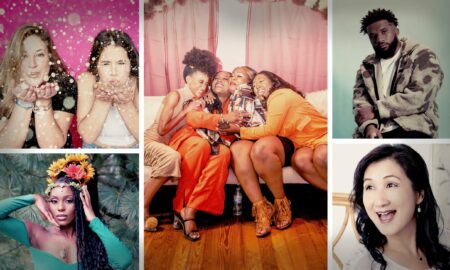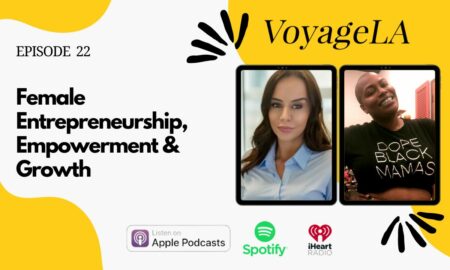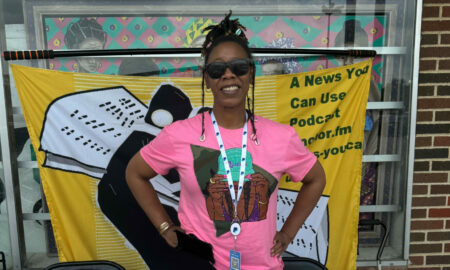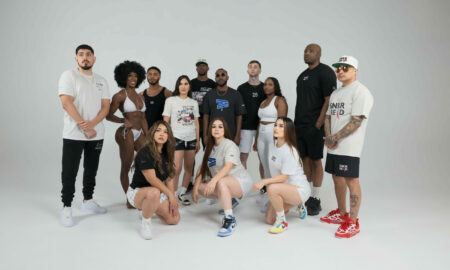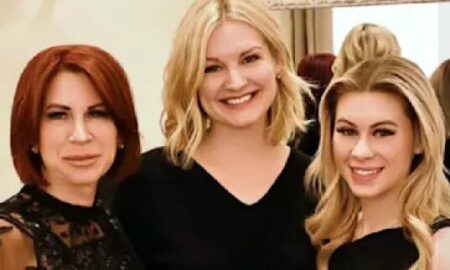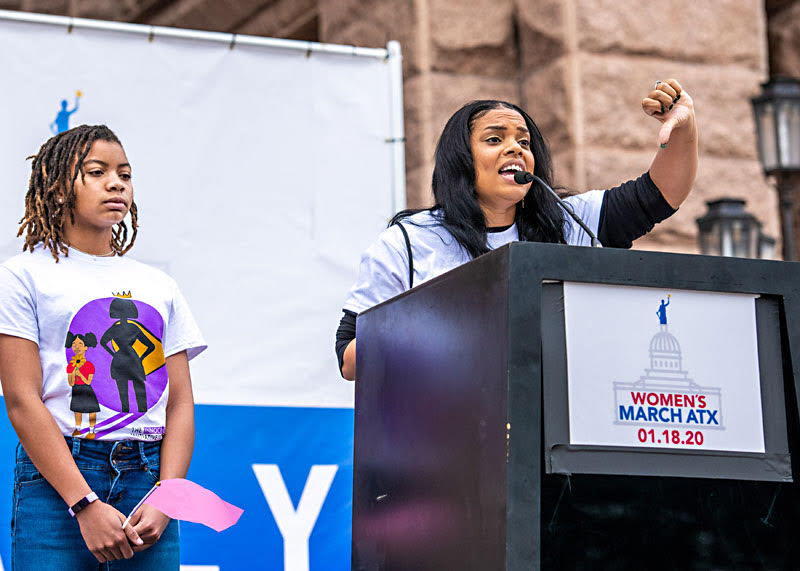

Today we’d like to introduce you to Meme Styles.
MEASURE was founded in 2015 by Jameila “Meme” Styles when she challenged Police Departments to “show us the numbers” they were using to report the results of agency performance measures. Realizing the disconnect between the department’s big data reporting and the community, Ms. Styles was prompted to create a methodology to measure community policing. Today, the organization has grown to not only address community policing but health, education and economic disparities.
What started as a team of four community leaders in Austin, TX quickly began to engage Texas as we leveraged our relationships and organizations to bring stakeholders to the conversation. Those founders brought diverse skill sets in activism, technology, research and education, a combination that later informed the development of the CARE model.
The CARE model was developed by discussing our approach to a project we created in a neighborhood with a high crime rate. Wanting to engage the community effectively without causing more harm, we began to ask ourselves, “How do we go in with care?” We quickly saw four components emerge: community, advocacy, resilience, evidence. These were the components needed for a model for community-driven systemic change. To ensure that our model was sound, we further developed our approach through four community events, each focusing on a different component. In all, 400 community members and 25 community leaders contributed collectively to the CARE model through facilitated conversation and qualitative information.
Early projects included delivery of a framework for community policing resulting in the national Big Data and Community Policing initiative which has been delivered five times in four cities — Dallas, Houston, San Diego, and Austin.
Today, MEASURE is operating to scale. We know the value of our work and the specific problem we solve. Nonprofits and organizations that are led by people of color need tools for success that MEASURE has innovated and tested. So, we created and launched a framework to pair them with Certified MEASURE Educators and volunteers to support them as they prove their concept and measure social progress. So as Dallas-based nonprofits that are led by people of color are in need of data and evaluation support, MEASURE is ready to deliver.
Great, so let’s dig a little deeper into the story – has it been an easy path overall and if not, what were the challenges you’ve had to overcome?
Using data and science to back up laws, rules or policy outcomes in is new for most institutions that serve people. That makes what we do hard because in many cases we have to convince decision-makers like the Police Chief or Superintendents to think differently and to believe the numbers. We experienced this in Dallas when we were working on getting rid of the juvenile youth curfew. Even though we proved with data that the law was not evidence-based and did more harm, the police department decided that it was still a needed “tool” in their belt to do their jobs.
MEASURE – what should we know? What do you guys do best? What sets you apart from the competition?
Nonprofits and organizations that are led by people of color need tools for success that MEASURE has innovated and tested. So, we created and launched a framework to pair them with Certified MEASURE Educators and volunteers to support them as they prove their concept and measure social progress.
MEASURE also prides itself on our successful initiatives too. Most recently, MEASURE launched the Innocence Initiative, a collaborative effort between several other organizations like Girl Scouts of Central Texas, Hearts 2 Heal, Lone Star Justice Alliance, and Community Advocacy and Healing Project – to address adultification bias (as defined by Georgetown Law’s Girlhood Interrupted Study) and the impact on Black girls.
Georgetown University will be developing a case study that features MEASURE’s Innocence Initiative as a blueprint for community action to address adultification bias. It is our intention that this case study will advance the adoption of the CARE model as a powerful community strategy for addressing systemic inequities.
What moment in your career do you look back most fondly on?
The proudest moment of my career was when I was asked to be the keynote speaker at the Australian/New Zealand Society of Evidence Based Policing. To see police departments reckoning with the fact that their system is in need of dire reimagination and complete overhaul is encouraging. I believe several foreign departments are light-years ahead of American policing, so receiving that invitation as an activist was very important to be and proved that the work my organization is doing is really changing the world.
Contact Info:
- Address: 2921 E 17th Street
Bldg D Box 6
People Fund Building
Austin, TX 78702 - Website: www.wemeasure.org
- Phone: 512-792-8549
- Email: hello@wemeasure.org
- Instagram: @wemeasureus
- Facebook: https://www.facebook.com/wemeasureus/
- Twitter: @wemeasureus




Image Credit:
Taylor M. Hayden
Suggest a story: VoyageDallas is built on recommendations from the community; it’s how we uncover hidden gems, so if you or someone you know deserves recognition please let us know here.










